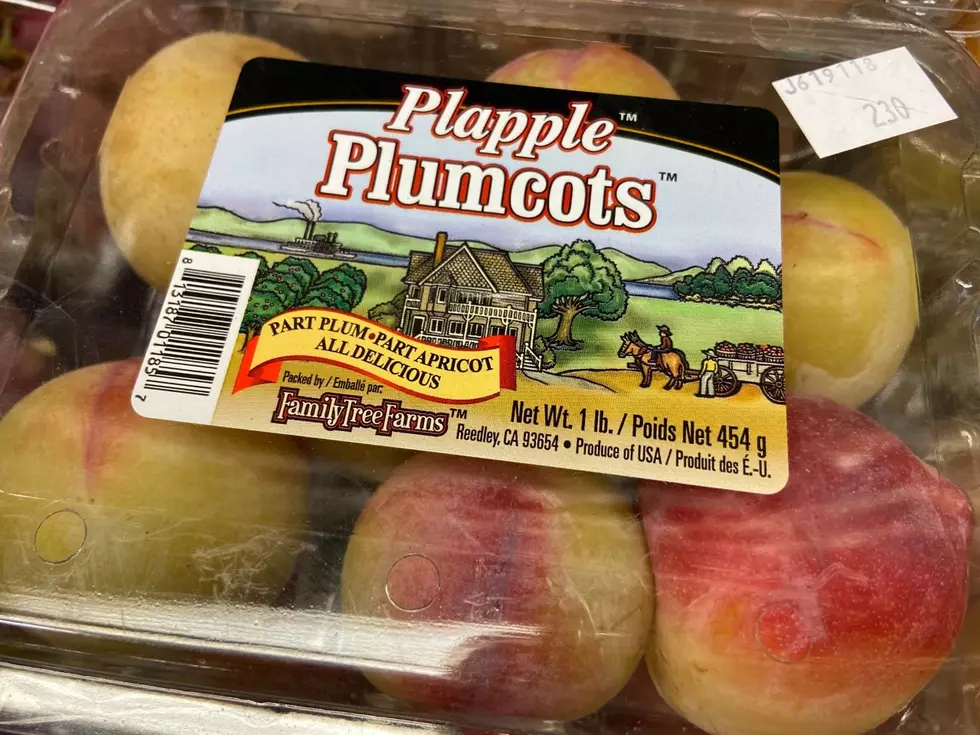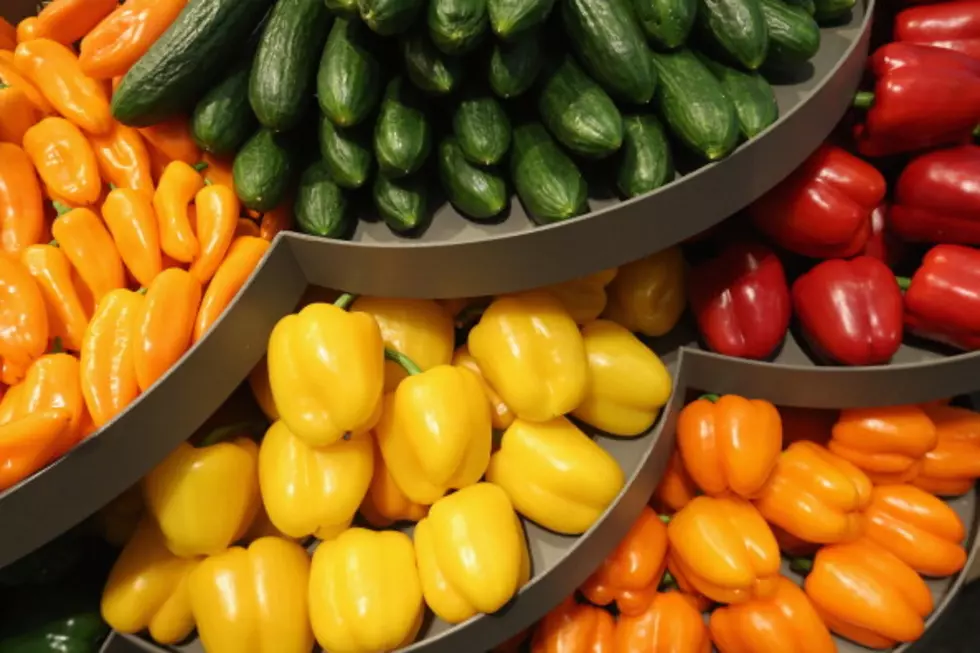
Plumcots and Plum Cherries are in Lafayette
In a recent visit to a local supermarket in Lafayette, I found myself roaming around the produce department looking for mangos. I didn't find mangos but what I did find were Plumcots and Plum Cherries.
You may already know about these cross-pollinated fruits, I didn't. A Plumcot is a cross between a plum and an apricot. A Plum Cherry is a combination of a plum and a cherry.
I looked at these fruit as though I'd seen a ghost right there in front of the pineapple chunks. I thought, what on earth kind of genetically modified bull is this? However, my interest was sparked and my taste buds filled with desire.
I reached into my pocket, grabbed my phone and hit the internet. 'Cause that's what we all do these days when we need to know something, right!? I wanted to find out if there was a minimal chance that man had not messed with nature this time. I wanted to believe by the Grace of God, Plumots and Plum Cherries were natural and not developed in a lab. But I just knew the internet was going to tell me that some laboratory in California had made these fruit in a test tube. But to my surprise, my assumption was incorrect.
Plumcots, also known as Pluots and Plum Cherries are 100% natural. Floyd Zaiger introduced Pluots in the 1980s. He cross-bred plums and apricots using a method of hand pollination.
Today there are at least 20 different varieties of Pluots, each having a unique look and taste. The store I visited had Plumcots and Plum Cherries by Family Tree Farms located in Reedley California.
Plumcots and the other hybrid varieties are high in vitamins A and D, potassium, calcium, phosphate and fiber. Those with a deep red skin are high in antioxidants.
You have to get them quick though as each variety is only around for about 3 weeks out of the year.
KEEP READING: 3-ingredient recipes you can make right now
More From News Talk 96.5 KPEL









